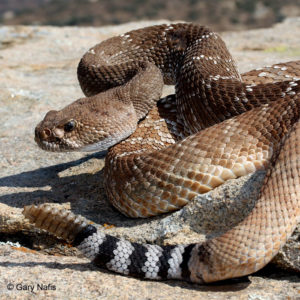Rattlesnake season (April – October) can be a scary time for pet owners. Here at PBVC, we urge pet owners to be vigilant and proactive during this time. There are many steps owners can take to increase the safety of their pets. Rattlesnake aversion training is the most effective method to avoid rattlesnake bites and is highly recommended as a proactive measure for pets with a high risk of exposure. Talk to your veterinarian to hear more about local training resources.
Although a rattlesnake vaccine does exist, PBVC along with the School of Veterinary Medicine at the University of California, Davis does not a dvocate for its use because of the lack of independent verification to prove that it is effective and safe. Whether or not your pet has been vaccinated, it’s important to know the do’s and don’ts of a rattlesnake bite:
dvocate for its use because of the lack of independent verification to prove that it is effective and safe. Whether or not your pet has been vaccinated, it’s important to know the do’s and don’ts of a rattlesnake bite:
*DO take your pet to the closest hospital immediately. Call PBVC (7 days a week 8-5 Sat-Wed and 8-10 Thur-Fri) or PETS Hospital (Open 24/7)
*DON’T give your pets any type of medication like ibuprofen or aspirin. This could lead to a life-threatening clotting disorder during the bite.
*DON’T try to remove the venom by cutting or sucking it out.
“It is important for community members to be aware of how easy it can be for a snake bite to occur,” said Dr. Joel Conn, owner of PBVC and founder of PETS Hospital. “It can happen in a backyard without you realizing it. If you notice that your pet’s face, leg or paw seems swollen, painful or bruised, seek medical attention immediately. Snake bites happen to cats as well as dogs.”
